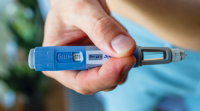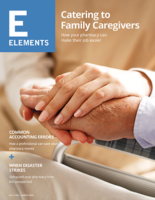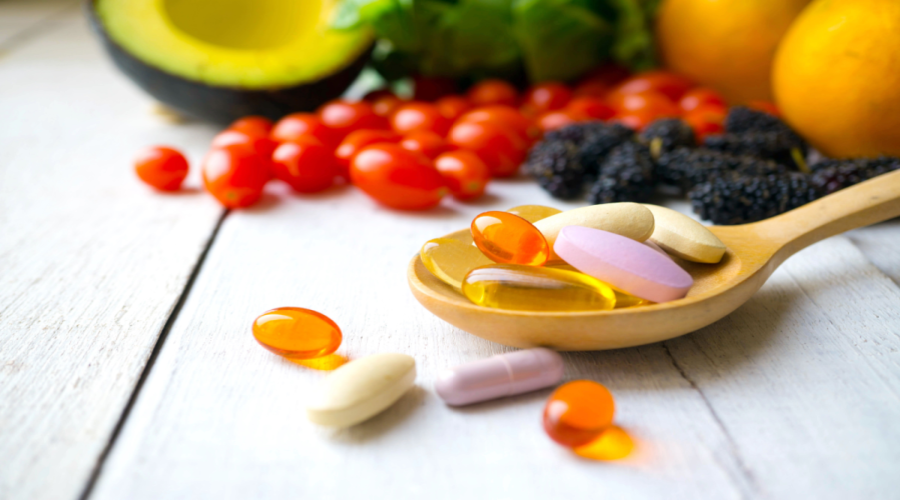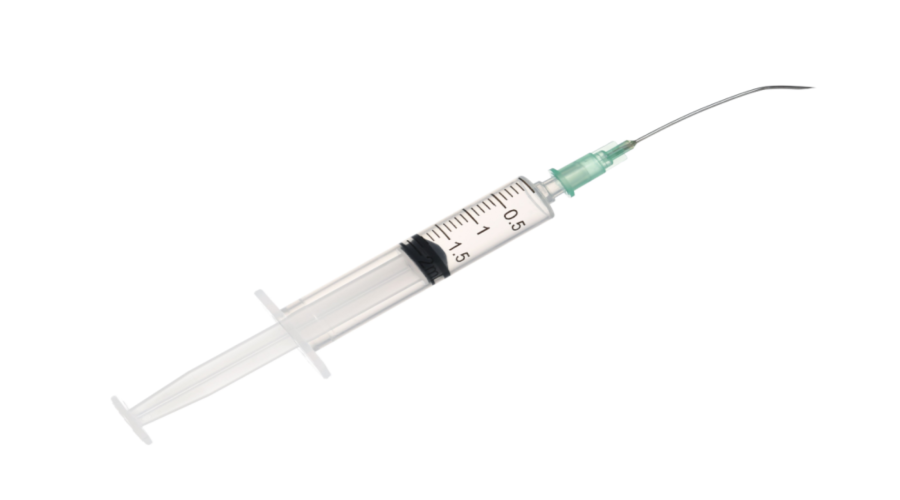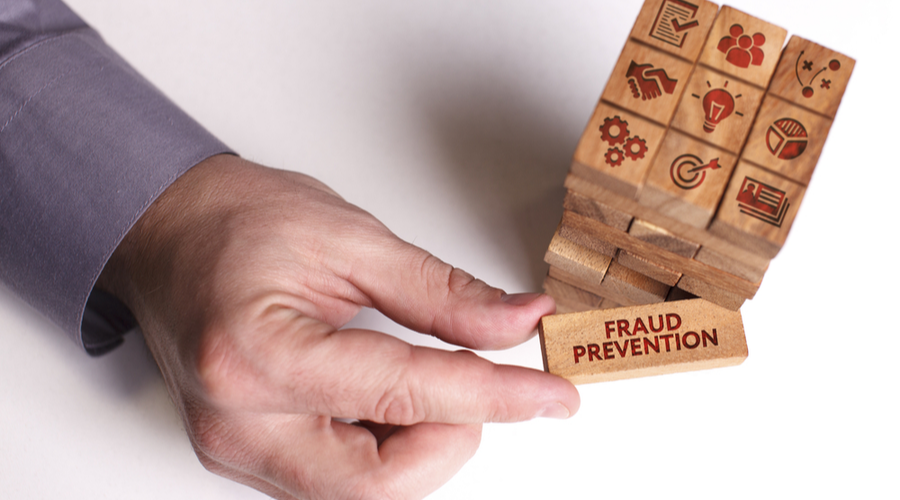Prescriptions aren’t the only way to bring in revenue for your pharmacy. And with declining reimbursements and unpredictable DIR fees, it’s critical to look outside dispensing to diversify your pharmacy’s income.
In order to stay profitable, you need to find ways to side-step third-party payors. The good news is that there are plenty of opportunities to introduce cash-only products and services that your patients will love.
Which cash services you implement will depend on your community’s individual needs. Here are 10 ideas for in-demand services that can help you boost your cash payments while providing comprehensive care to your community.
1. Compounding
When patients need a drug that manufacturers don’t produce, they turn to compounded medications. Compounded drugs help a range of patients, from kids who can’t swallow pills to adults who need a very specific dose.
Compounded drugs are also an opportunity to pull in cash free of third-party interference. While some compounded drugs are covered by insurance, that coverage is spotty, and about half of patients pay cash for their compounded medications.
For simplicity and profitability’s sake, some pharmacies even require that patients pay cash for compounding services.
2. Veterinary medicine
Pets need medications just like their human owners. Unlike their humans, however, pets don’t have third-party insurance.
When you offer veterinary medicine in your pharmacy, you can attract patients who want to get their prescriptions and their pet’s prescriptions filled in the same place. Many drugs for dogs and cats are the same drugs you use to treat human patients, which means you don’t have to make that many changes to your inventory to get started.
Approach local veterinarians to tell them about your veterinary services so they can refer owners to you.
3. Point-of-care testing
Covid-19 opened the floodgates for point-of-care testing, and pharmacies can capitalize on their newfound reputation as a testing site.
Point-of-care tests like flu and strep tests can bring in cash payments of between $25 and $125 per test.
You do have to get a CLIA waiver to perform point-of-care testing, but once you secure that, you can start offering flu and strep tests, as well as other tests, including:
- Lipids
- A1C
- HIV
- Hep C
- INR
4. Pharmacogenetic testing
Pharmacogenetic testing, sometimes known as pharmacogenomic testing, is a service that helps patients learn more about their health. It’s also a service you can offer on a cash basis.
The testing program uses a sample of blood or saliva to look at a specific set of genes. The variations on those genes tell a story about how the patient metabolizes drugs. From there, providers can tailor the patient’s prescription drug regimen to avoid side effects and achieve the desired health outcome.
5. Smoking cessation
It’s been over half a century since the U.S. Surgeon General put out their first report tying smoking to adverse health outcomes, but millions of people still smoke.
Many of those people want to quit, and you can help. Selling smoking cessation items like nicotine gum, lozenges, and patches is a way to help them quit, and it’s an opportunity to make cash sales for your pharmacy.
You can even start a smoking cessation counseling program for an additional fee.
6. Weight management
For patients who want to slim down or maintain their current weight, your pharmacy can offer a comprehensive weight management counseling program.
This could involve helping them make lifestyle changes, creating an exercise or diet plan, and analyzing each patient’s needs based on their health status.
Be sure to charge for your time. One viable model is to charge patients a down payment and then follow up with a monthly fee to help them maintain the program.
Though the promise of weight loss might be what attracts patients to the program, don’t forget to concentrate on other positive health outcomes. A weight loss program can also help patients lower their A1C levels or cholesterol.
7. CBD
Hemp is now legal in the United States, and with that legalization comes a big opportunity for independent pharmacies: CBD.
CBD, short for cannabidiol, is a hot commodity, and it’s a cash sale. Products can range from $20 to $140 and typically come with a 30 percent markup.
Pharmacies can take advantage of the trend by positioning themselves as an expert resource. Take the time to learn about the CBD products on the market so you can counsel patients on what results they can expect and what products will work best for their specific healthcare needs.
8. Supplements
Supplements are a $9 billion market, and your pharmacy can get a slice of that in all-cash sales.
Over three-quarters of adults say they take some sort of dietary supplement, and half of people who don’t take them have considered adding one to their regimen.
Pharmacies are perfectly positioned to take advantage of the hot supplement market. Mineral supplements, like elderberry, zinc, and probiotics, are the most popular, and you can round out your supplement section with multivitamins and letter vitamins.
9. Diabetic shoes and accessories
Diabetic shoes and accessories aren’t just for patients with diabetes — these products can also help patients without diabetes who happen to have foot problems. Diabetic patients get one pair of shoes and inserts per year through insurance, but those without diabetes can pay cash to get the same products.
When you market diabetic shoes to a wider audience, you can see a bump in profits. If you or one of your pharmacy technicians gets certified to fit the shoes, you can also charge for that service.
10. Flavoring
To make medications more palatable to children, consider offering a flavoring service. While the medications on their own will still typically be covered by third-party insurance, you can charge a premium for the flavoring. Many pharmacies charge around $3 to add flavoring like cherry or bubble gum to a prescription.
The service doesn’t only apply to children — you can extend your flavoring service to veterinary medicine, as well. Fido may be more interested in their medicine if it tastes like chicken or peanut butter.
A Member-Owned Company Serving Independent Pharmacies
PBA Health is dedicated to helping independent pharmacies reach their full potential on the buy-side of their business. Founded and owned by pharmacists, PBA Health serves independent pharmacies with group purchasing services, wholesaler contract negotiations, proprietary purchasing tools, and more.
An HDA member, PBA Health operates its own NABP-accredited secondary wholesaler with more than 6,000 SKUs, including brands, generics, narcotics CII-CV, cold-storage products, and over-the-counter (OTC) products — offering the lowest prices in the secondary market.




